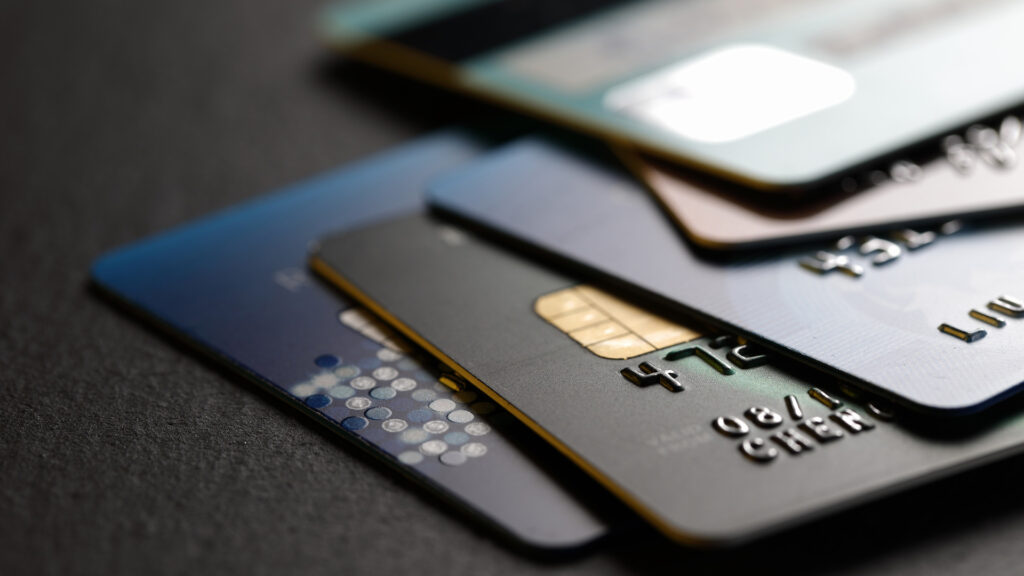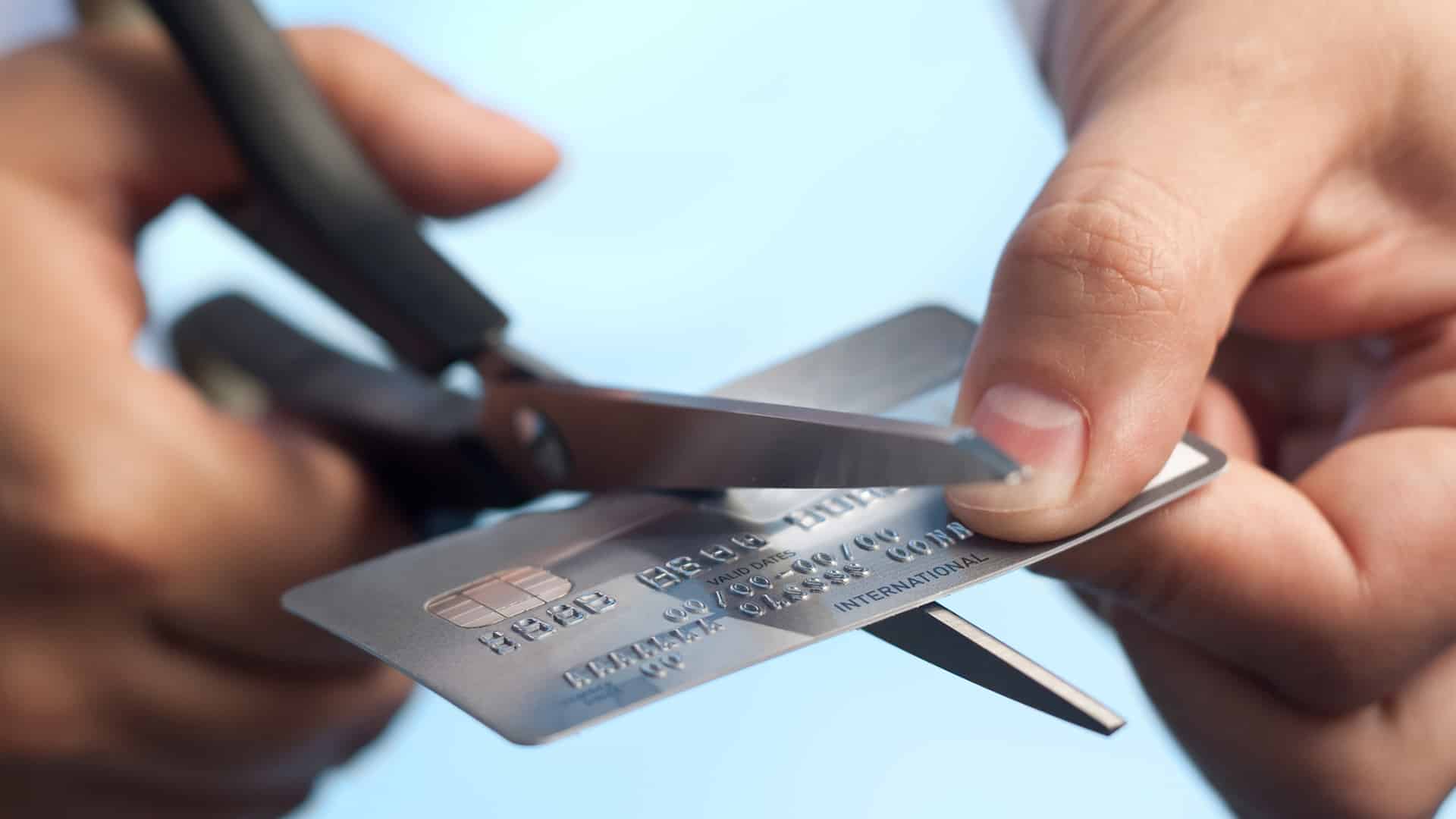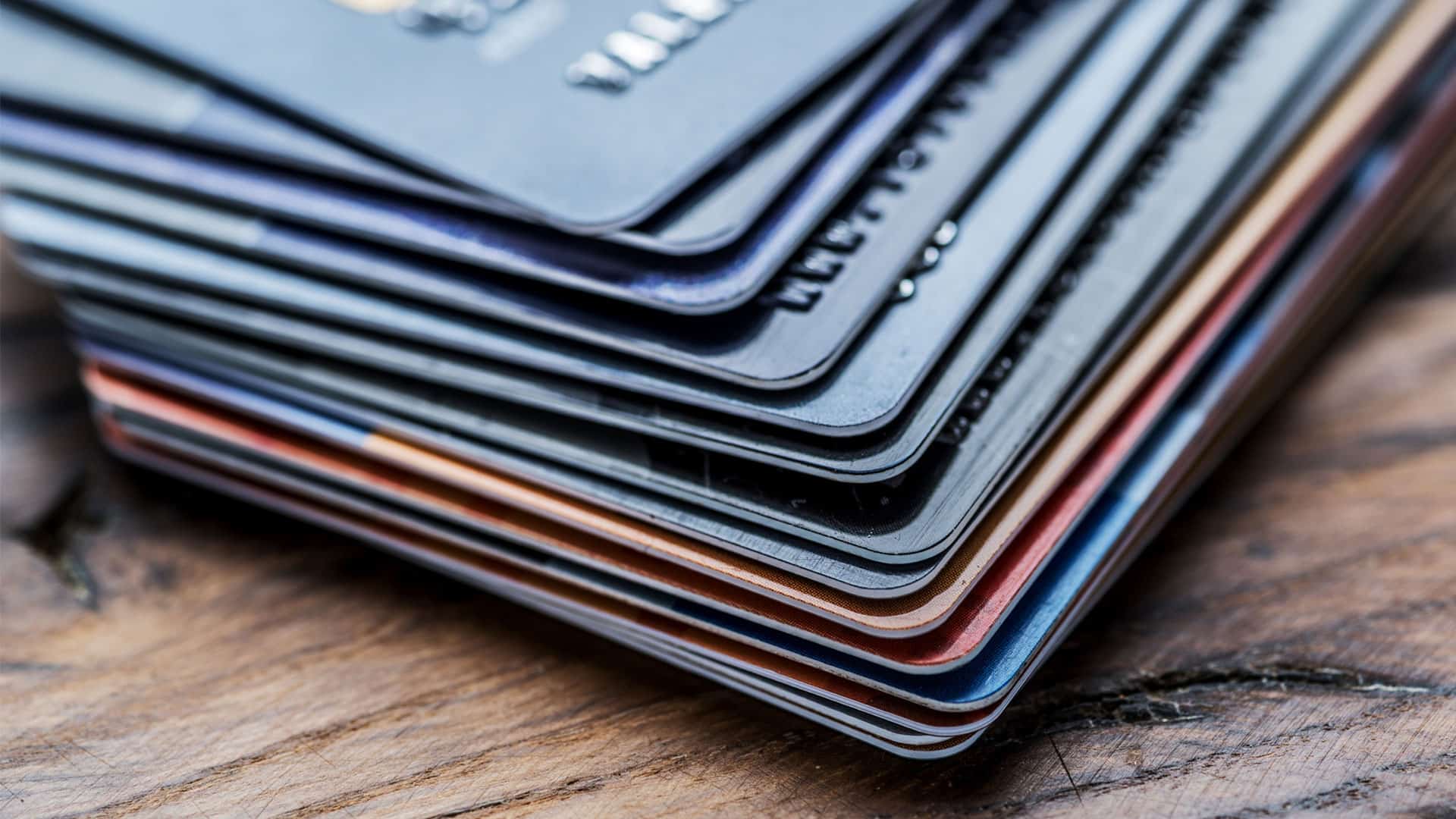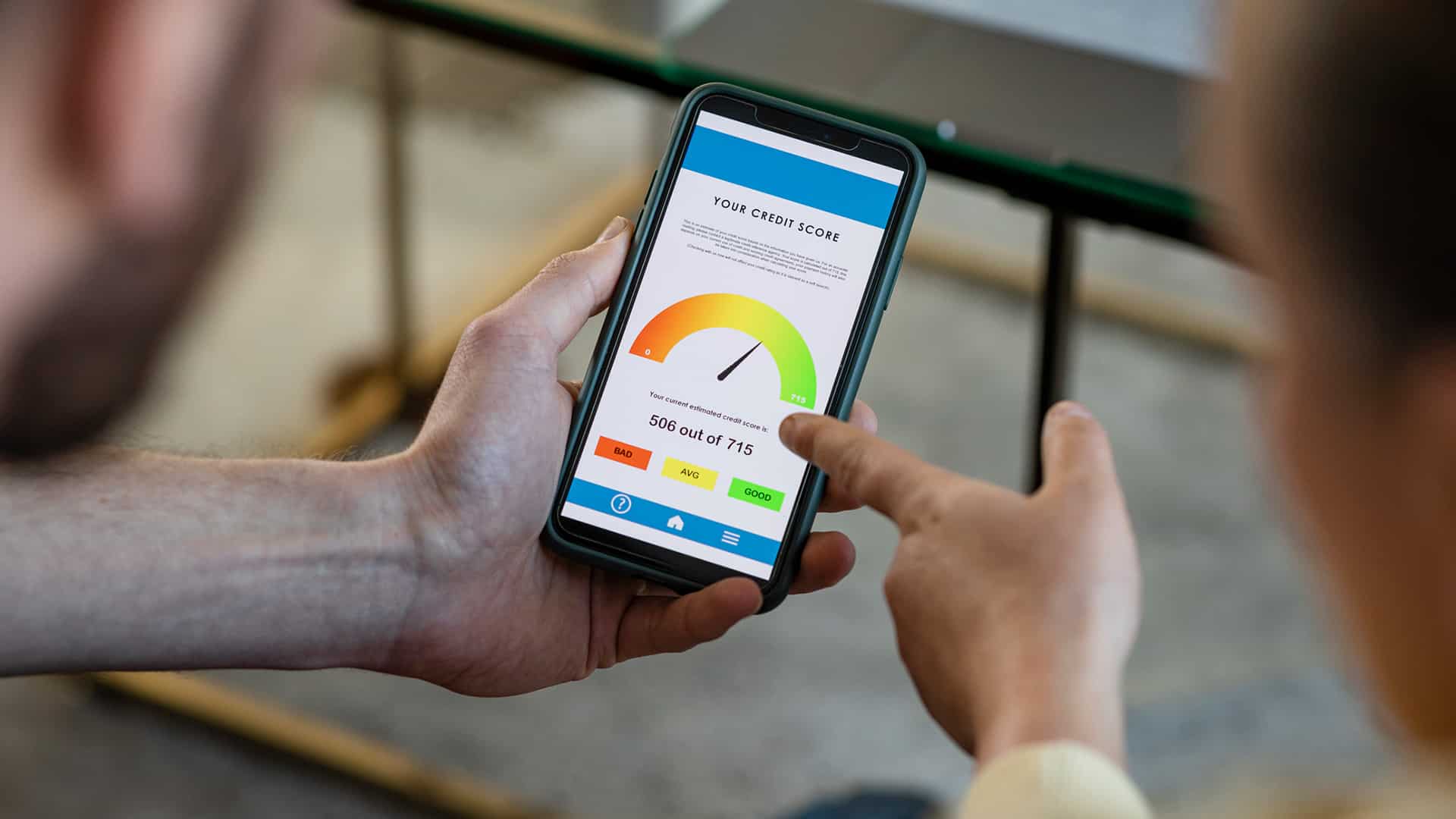Most products on this page are from partners who may compensate us. This may influence which products we write about and where and how they appear on the page. However, opinions expressed here are the author's alone, not those of any bank, credit card issuer, airline or hotel chain.
Your credit score can change from month to month and can fluctuate for many reasons. While it may feel good to see your score increase over time, it can feel concerning when your credit score takes a dip.
Here’s a look at some of the reasons why credit scores typically decrease as well as some habits and practices that can help credit scores rebound and improve.
What Can Cause Credit Scores to Drop?
1. Late or Missing Payments
Payment history plays a more significant role in credit scores than any other factor, accounting for 35% of FICO credit scores. Late or missing payments beyond 30 days are reported by creditors to one or more of the three major credit bureaus. The later a payment, the more negatively it affects a credit score.
Eventually, failing to make payments can lead to creditors sending debt to a collection agency which can be further damaging to credit scores.
2. Applying for New Credit

When someone applies for a new credit account, the issuer or lender runs a hard credit inquiry. Anytime a credit check is run, this can contribute to a temporary drop in credit scores. According to FICO, credit scores typically drops five points or less with each inquiry. It may not seem like a big drop, but several credit applications in a short period of time can add up quickly.
3. Maintaining a Higher than Normal Credit Card Balance
Carrying a larger balance than usual can cause an increase in credit utilization ratio, which is the amount of credit used at any given time compared to your total available credit limit. Making large purchases recently can tap into more credit and account for a big percentage of the total credit limit, which can lead to a decrease in credit scores.
4. Credit Limit Decrease
Credit card issuers can lower credit limits at any time for a variety of reasons, such as excessively high balances or even for inactivity. A lower credit limit has the same effect as carrying higher card balances because it will cause the credit utilization ratio to increase, possibly contributing to a credit score drop.
 Related Article
Related Article
4 Times You Should Request a Credit Line Increase
5. Closing a Credit Card
People often close credit card accounts they no longer use or to avoid paying an upcoming annual fee. Closing a credit card or having one canceled by the card issuer can hurt credit scores. That's because it affects the available credit across the board, the average credit age and diversity of credit mix. All of these factors play a role in calculating one's credit scores.
6. Paying Off a Loan

There's nothing wrong with paying off a loan. In fact, it's a cause for celebration, but it can also cause a temporary drop in credit scores. Credit mix and length of credit history play a significant role in determining credit scores, so paying off a long-standing loan could affect how diverse a credit profile looks or make a credit history seem shorter without the older loan.
7. Derogatory Credit Report Marks
Negative or derogatory marks on a credit report can cause scores to drop. Late payments or, worse, bankruptcies and foreclosures can stay on a credit report long term and will no doubt lower credit scores for the foreseeable future.
8. Inaccurate Credit Report Information
Errors on your credit report can wreak havoc on credit scores, and many people may not even be aware of the errors in the first place. Whether it's a payment accidentally reported late, duplicate account listings, incorrect dates or other errors, having the wrong information show up on a report could negatively affect credit scores. Regularly monitoring credit and checking credit reports at least once a year can help to keep errors in check.
 Related Article
Related Article
How to Dispute Errors on Your Credit Report
9. Identity Theft
Identity theft can be extremely damaging, including negatively impacting credit scores. Identity theft can be spotted through unauthorized charges on credit cards and manifest itself as a new line of credit that you did not apply for. Contact your card issuer immediately if you notice signs of identity theft.
Why Do Credit Scores Go Up and Down?
Credit score fluctuations are normal, as credit report information is updated frequently. As changes are reported to credit bureaus, it could cause your score to fluctuate with each adjustment. Also, there are several credit scoring models, including FICO and VantageScore, and it's common for scores to look different depending on the score model.
What To Do If You See a Drop in Your Credit Score
- Request a Copy of Your Credit Report: If your score drops significantly, start investigating by checking your credit reports. You can access reports for free from all three major credit bureaus at AnnualCreditReport.com.
- Look for Changes or Errors: Check for any changes that may account for the decrease in credit scores. Credit reports will include information on all credit activity across your accounts, including new lines of credit, derogatory marks, credit inquiries, etc.
- Report Any Errors to Credit Bureaus: If there are any errors in your report, file a dispute with the credit bureau and request that they fix the errors.
Tips for Maintaining Good Credit
Seeing a drop in your credit score can be concerning, but there are steps that can help to improve it.
1. Pay Bills on Time
Payment history is one of the biggest factors in credit scoring. Get in the habit of making on-time payments each month on all credit balances, even if it's just the minimum payment.
2. Pay Down Debt
Pay off debt as quickly as possible. Lowering or wiping out credit balances will lower the credit utilization ratio, which can contribute to improved credit scores.
3. Monitor Credit Regularly
Use credit monitoring tools to stay updated on your credit health. Knowing what is on your credit report will help you have a better understanding of where your credit is at now and what you can do to improve it. Many credit cards come with free credit score access and credit monitoring tools.

















